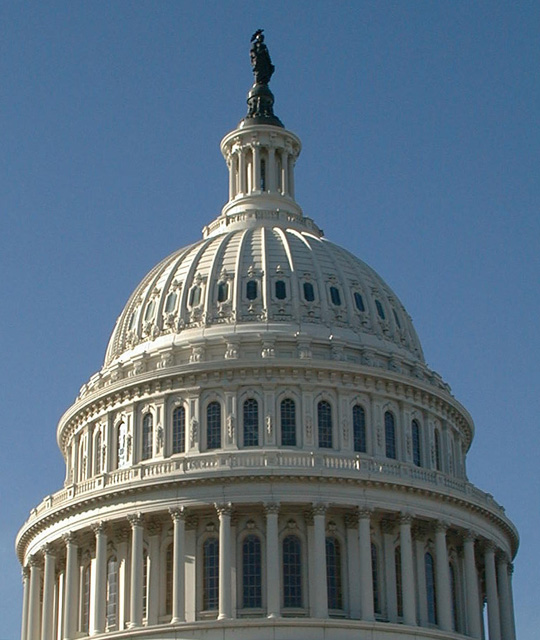The federal government will look very different for the next two years as President Joe Biden will have to work with a Democratic Senate and a Republican House.
Historically, the party in power at the White House has not won enough seats in the midterm elections to keep control of both the House and Senate. This year, however, Democrats won control of the Senate, and Republicans secured the House.
In the Senate, Democrats won 51 seats, while Republicans won 49 following a run-off election Dec. 6 in which incumbent Democrat Senator of Georgia Raphael Warnock defeated former NFL star Herschel Walker.
A significant success from the Democratic Senate win would be if a Supreme Court seat became “vacant due to an unexpected retirement or death of a justice, the Republicans would not be able to block Mr. Biden’s choice,” reported the BBC.
In 2016, when former President Barack Obama tried to fill Supreme Court Justice Antonin Scalia’s seat with nominee and now U.S Attorney General Merrick Garland, he was blocked by Senate Majority leader Mitch McConnell.
In the House, where 218 seats were needed to gain majority, the Republicans won 220 seats, while Democrats won 213 seats. According to Politico, not only is this the first time Republicans have regained control of the House since 2018, but they also won with “a far smaller margin than anticipated.”
Many polls and news organizations were reporting a “red wave” of Republican wins. The voters indicated that issues like “abortion rights and protecting democracy factored into their decisions at the ballot box,” reported NPR, which may have influenced the Republican Party’s wins and losses.
Republican control of the House has serious political implications for President Biden and his legislative agenda. In a press conference on Nov. 9, President Biden said that, “regardless of what the final tally in these elections show- I’m prepared to work with my Republican colleagues.” The American people have made clear, I think, that they expect Republicans to be prepared to work with me as well.”
However, not everyone is as optimistic as the President about Republicans and Democrats working together. “When it comes to politics and policy, we are a closely divided nation,” said Republican Senate minority leader Mitch McConnell, at a press conference on Nov. 14. “We’re [Republicans] going to fight hard for the American families this Administrations is leaving behind.”
According to NPR, one concern is a government shutdown if compromises are not made between the two parties, which could have disastrous effects on the already strained economy as well as a potential Septa Union Strike, which could also have negative implications. A Republican majority in the House “will mean Biden’s legislative agenda is essentially dead” unless he can find bipartisan support for some of his proposals.
“I’m ready to compromise with the Republicans where it makes sense,” said President Biden. “The American people made it clear: “They don’t want every day going forward to be a constant political banter; There’s too much of that going on, and there’s too much that we have to do. The future of America is too promising to be trapped in an endless political warfare.”


